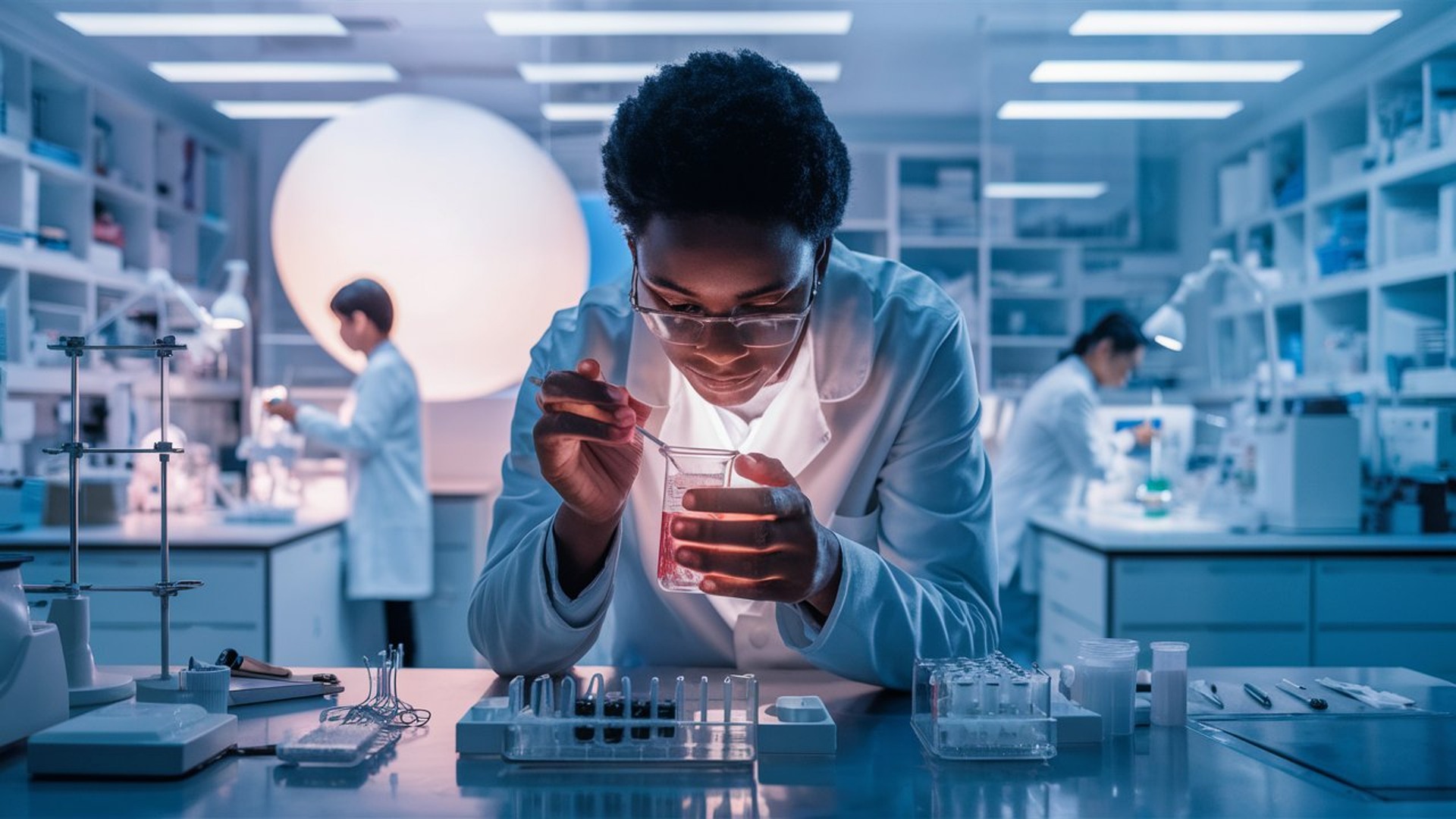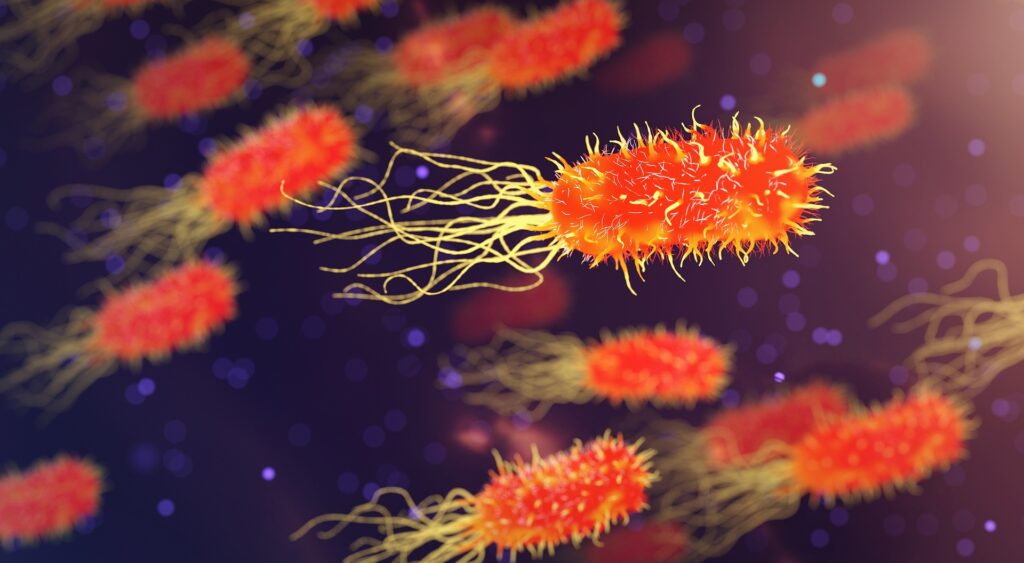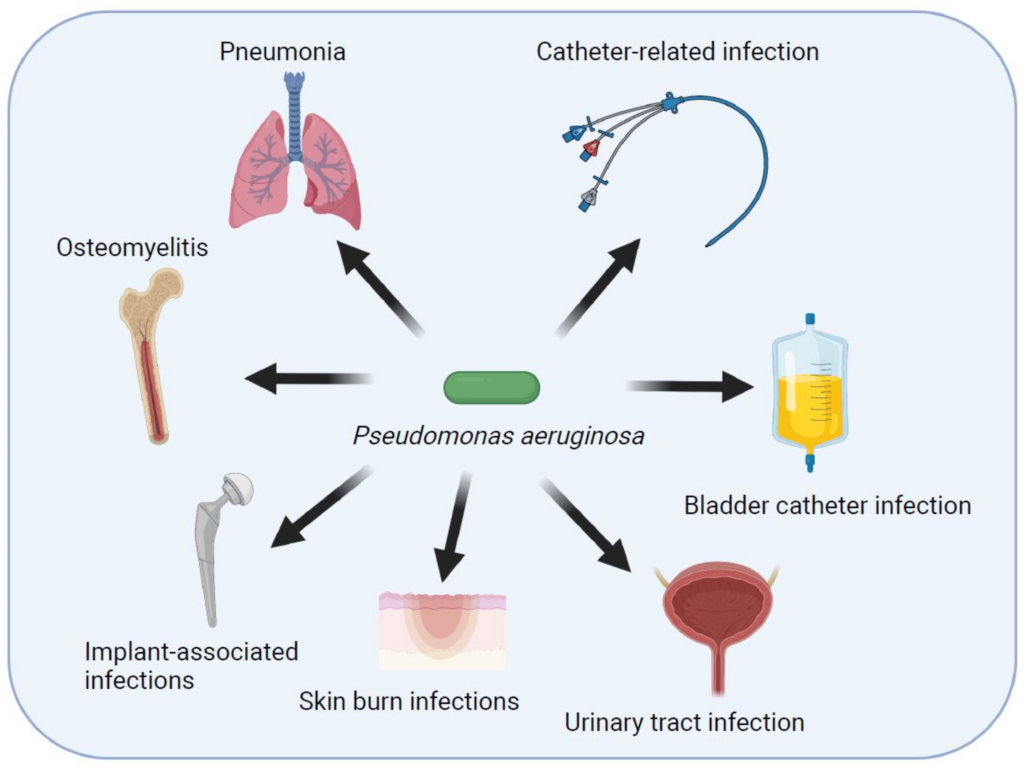
When you hear “E. coli,” it’s often with a hint of concern. This bacterium, officially known as Escherichia coli, is commonly associated with illnesses like urinary tract infections, pneumonia, and, most notably, food poisoning.

However, there’s a brighter side to the E. coli story. This bacteria is actually a diverse species, and many strains naturally inhabit our digestive systems. For centuries, scientists have explored the complex world of gut bacteria, discovering thousands of microbial strains—some beneficial, some harmful.
The beneficial gut bacteria are commonly referred to as probiotics. You might recognize names like Lactobacillus and Bifidobacteria, often found in probiotic yogurts or milk drinks. These good bacteria play a crucial role in maintaining a healthy gut by preventing the overgrowth of harmful bacteria, thus reducing instances of diarrhea and infections.
In an exciting development, researchers from the National University of Singapore, in collaboration with two U.S. hospitals, have created a lab-engineered probiotic strain specifically designed to target a particularly dangerous bacterium called Pseudomonas aeruginosa. This bacterium is notorious for causing infections in people with weakened immune systems, such as the elderly, young children, diabetics, and those living with HIV/AIDS.
Pseudomonas aeruginosa is a tough adversary for our immune system. It forms a protective, mat-like colony known as a biofilm, which cloaks the bacteria in a thick, mucus-like substance. This biofilm makes it difficult for our white blood cells to reach and combat the bacteria, allowing it to spread unchecked.

To tackle this problem, the NUS research team is developing a strain of E. coli in the lab that can disrupt these protective biofilms. They chose a non-pathogenic strain called E. coli Nissle 1917 for this purpose. This particular strain has an interesting backstory—it was isolated from a World War I soldier who remained unaffected by a severe outbreak of bloody diarrhea that plagued his comrades. This special strain of E. coli was found to prevent the growth of the harmful bacteria causing the illness.
This isn’t the first time an E. coli strain has been engineered to fight infections, but this project is unique because it’s the first to be tested in an animal model, specifically mice. The researchers also introduced a special gene into E. coli Nissle 1917 to help it break down the mucus of Pseudomonas aeruginosa, making it easier for the immune system to attack the bacteria.
Although the project is still in its early stages and has only been tested in animals, the researchers are hopeful. The initial results are promising, and they believe this approach could provide a natural alternative to antibiotics. Overuse of antibiotics has led to resistant bacteria, posing a potential threat of untreatable infections in the future. There are countless microbes yet to be discovered, and one of them could hold the key to a more natural solution for treating diseases.
Gentle reminder: This information is for educational purposes and should not replace advice from a qualified healthcare professional. Please consult a medical professional if you have health concerns.
Featured Image by BulentYILDIZ from Pixabay





Leave a Reply